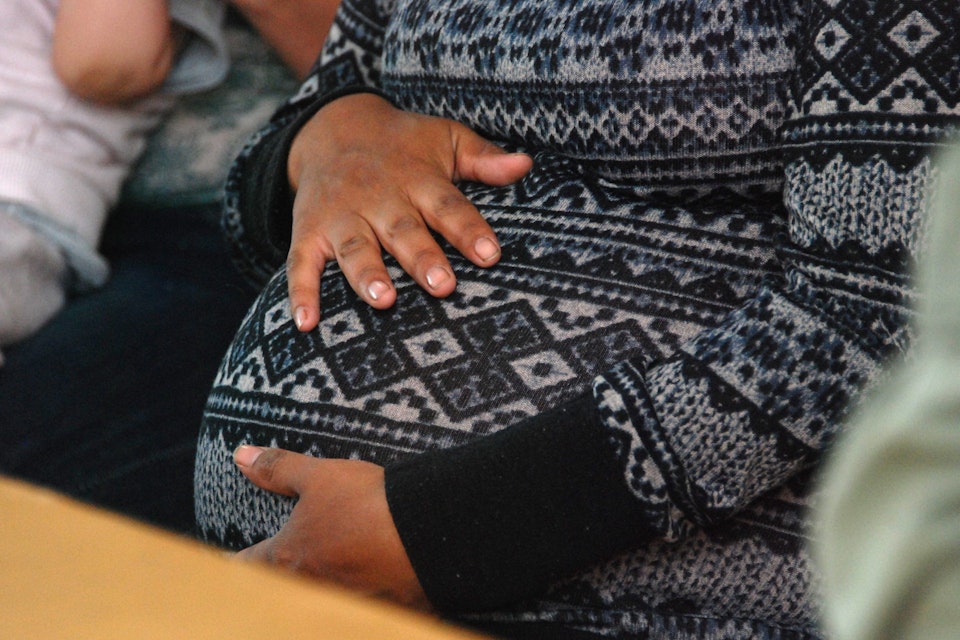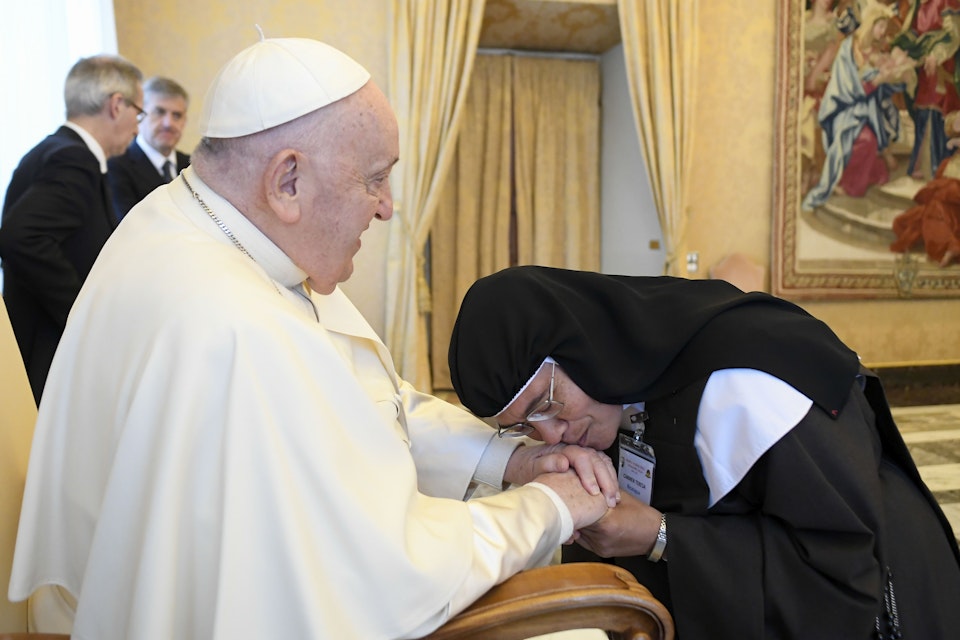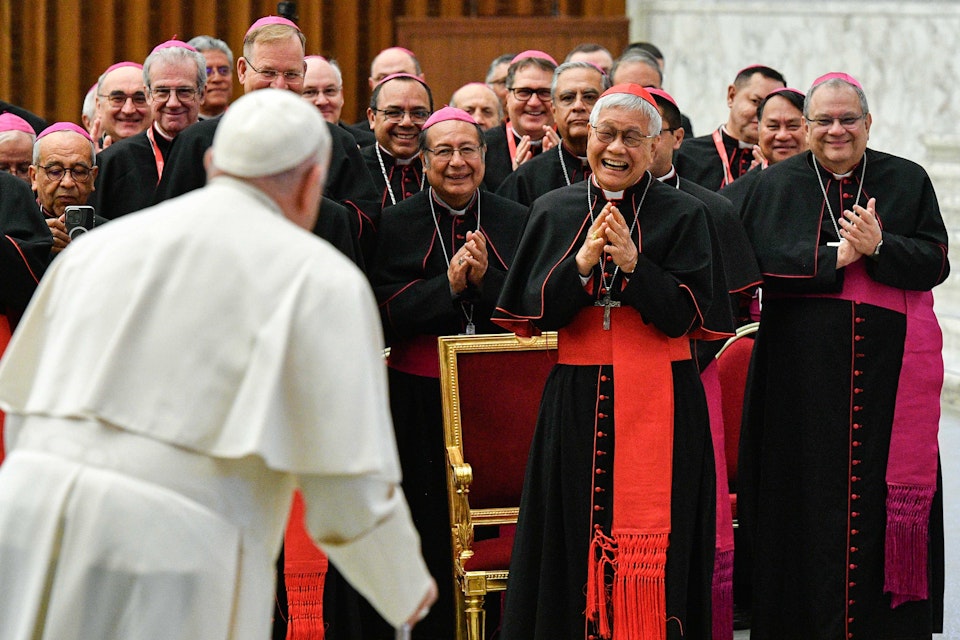Newest U.S. vaccine’s close connection to aborted fetus raises ethical concerns, but those without an option may receive it, they say
LANSING — The recently approved COVID-19 vaccine developed by Johnson & Johnson is morally permissible “only if there are no other alternatives” given the vaccine’s close connection to abortion, Michigan’s seven Catholic bishops said in a March 4 statement.
The leaders of the state’s seven dioceses expanded upon their December statement advising Catholics on the permissibility of receiving vaccines developed by Pfizer/BioNTech and Moderna.
While those two vaccines only utilized cell lines derived from an abortion in their confirmatory testing, Johnson & Johnson’s vaccine — as well as another candidate developed by AstraZeneca — utilized tissue from an aborted fetus in their design, development, production and testing.
Because of this, the bishops said, Catholics should seek alternative vaccines — such as Pfizer’s or Moderna’s — unless no option is available.
“If one does not have a choice of vaccine and a delay in immunization may bring about serious consequences for one’s health and the health of others, it would be permissible to accept the Johnson & Johnson or AstraZeneca vaccine,” the Michigan bishops said. “Both are somewhat similar in production to the Rubella vaccine, which the Pontifical Academy for Life indicated could be received for grave reasons and if there are no other alternatives.”
In clinical trials, Johnson & Johnson’s one-shot vaccine was shown to be 66 percent effective at preventing moderate to severe COVID-19, while Pfizer’s and Moderna’s two-shot doses proved to be 95 percent effective.
The updated statement was signed by Detroit Archbishop Allen H. Vigneron, Kalamazoo Bishop Paul J. Bradley, Lansing Bishop Earl A. Boyea, Marquette Bishop John F. Doerfler, Saginaw Bishop Robert D. Gruss, Grand Rapids Bishop David J. Walkowiak, and Bishop Walter A. Hurley, apostolic administrator of the Diocese of Gaylord.
The Michigan bishops’ statement echoed a new statement from the chairman of the U.S. Conference of Catholic Bishops’ Committee on Doctrine.
“There’s no moral need to turn down a vaccine, including the Johnson & Johnson vaccine, which is morally acceptable to use,” Bishop Kevin C. Rhoades of Fort Wayne-South Bend, Ind., said in a two-minute video posted on YouTube March 4.
The bishop cited an earlier Vatican statement that “has made clear that all the COVID vaccines recognized as clinically safe and effective can be used in good conscience.”
He also repeated comments that he made in a March 2 statement in conjunction with Archbishop Joseph F. Naumann of Kansas City, Kan., chairman of the USCCB's Committee on Pro-Life Activities, that if a choice of vaccines is available “we recommend that you pick one with the least connection to abortion-derived cell lines.”
“Pfizer and Moderna’s connection is more remote than that of the Johnson & Johnson vaccine,” he said.
“What’s most important is that people get vaccinated,” Bishop Rhoades continued. “It can be an act of charity that serves the common good. At the same time, as we bishops have already done, it’s really important for us to encourage development of vaccines that do not use abortion-derived cell lines. This is very important for the future.”
The Johnson & Johnson shot is the third vaccine that has received approval from the U.S. Food and Drug Administration.
In their original statement, the prelates concluded, that “while we should continue to insist that pharmaceutical companies stop using abortion-derived cell lines, given the world-wide suffering that this pandemic is causing, we affirm again that being vaccinated can be an act of charity that serves the common good.”
In their more recent statement, the bishops also quoted the Vatican’s Congregation for the Doctrine of the Faith, which judged that “when ethically irreproachable COVID-19 vaccines are not available ... it is morally acceptable to receive COVID-19 vaccines that have used cell lines from aborted fetuses in their research and production process.”
In addition, four medical organizations March 2 issued a statement on the availability of the various vaccines and conscience protection.
The medical organizations urged that individual conscience be respected when administering any of the vaccines.
Joining the American College of Pediatricians in the statement were the Catholic Medical Association, the Christian Medical and Dental Association and the National Association of Catholic Nurses.
The American College of Pediatricians is a separate entity from the larger American Academy of Pediatrics.
The statement noted that the coronavirus pandemic has challenged the U.S. for more than a year and that “the availability of vaccines provides a sliver of hope but also raises many questions.”
“Issues our society must address include prioritizing equitable vaccine distribution and the potential for coercive mandates on vaccine use,” the statement said.
The organizations stressed that the people facing the greatest medical risk and those directly involved in caring for ill people should be at the top of the list for being vaccinated. The groups also urged that vaccines be made available to smaller independent hospitals and clinics serving in underserved and rural communities.
In addition, the statement said, “Governments must respect an individual’s right to accept or decline a vaccine.”
“There is no justifiable moral obligation to accept vaccination. If a vaccine has been developed, tested or produced with technology that an individual deems morally unacceptable, such as the use of abortion-derived fetal cell lines, vaccine refusal is morally acceptable,” the statement said without naming any of the three vaccines approved for use in the United States.
At the same time, the organizations said, people choosing not to be vaccinated must commit “to take necessary precautions to lessen disease transmission.”
Coerced vaccination must be avoided in order to protect individual conscience rights, the statement continued. “Respect for conscience rights is always of primary importance,” it said.
Catholic News Service contributed to this report.








